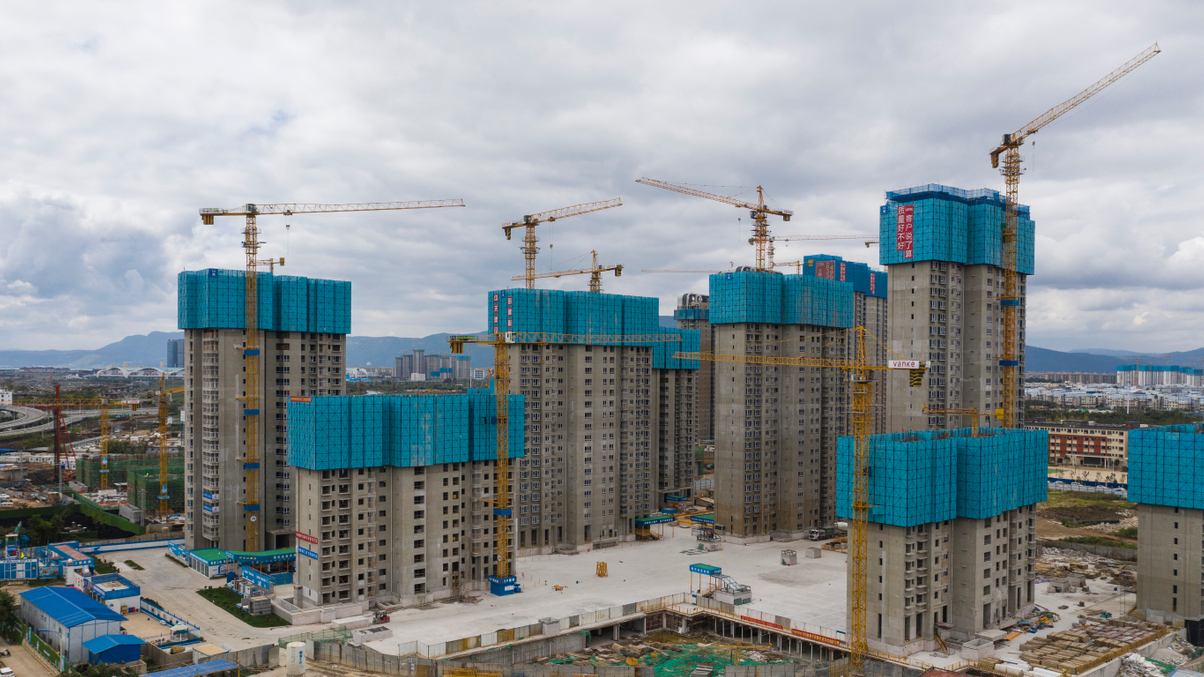In Chinese property, investment grade names suffer from high yield woes
As Evergrande and Kaisa default on US dollar notes and Shimao was downgraded to non-investment grade, will more Chinese developers follow suit?

Investment-grade Chinese property developers are not immune from the ongoing debt troubles of their high-yield peers as they face a liquidity crunch, falling stock prices and potential ratings downgrades.
Sign in to read on!
Registered users get 2 free articles in 30 days.
Subscribers have full unlimited access to AsianInvestor
Not signed up? New users get 2 free articles per month, plus a 7-day unlimited free trial.
¬ Haymarket Media Limited. All rights reserved.


